
Chronic absenteeism among Florida students nearly doubled from 10% in 2020 to 19% in 2023.
Source: Florida Health Charts
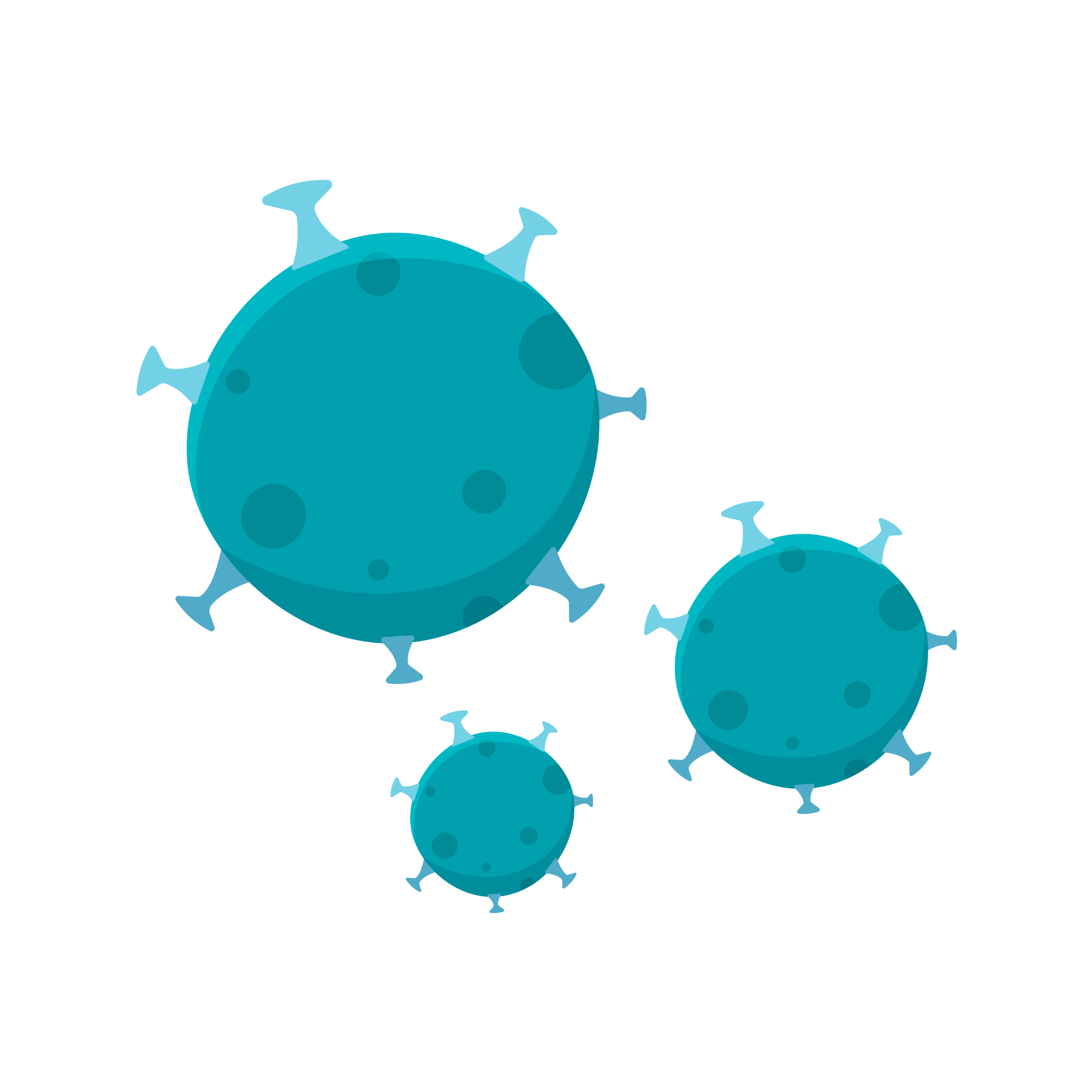
Health-related barriers, including short-term illnesses like cold and flu, are one of the top reported reasons for chronic absenteeism among students.
Source: Attendance Works

More than 2 in 3 Florida parents typically miss at least some work each year due to their child being sick.
Source: 2024 Omnibus survey conducted by Sachs Media
Note: Families should always follow their local school district’s specific guidance on school attendance. Additionally, you can talk to your child's pediatrician about any concerns you may have regarding whether or not your child is healthy enough to attend school.

Your child’s flu shot is
FREE with Florida KidCare.
You may be subject to a $5 office visit copay; talk to your child's doctor for more information.
Step 1
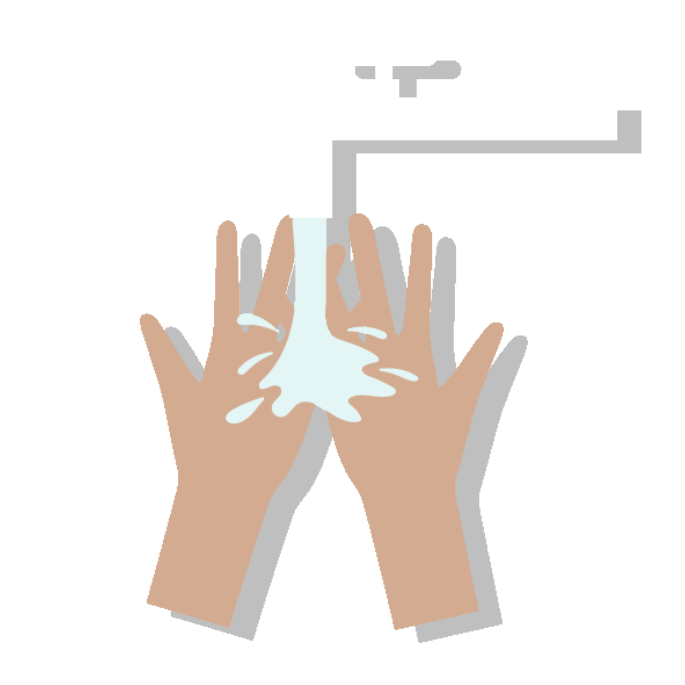
Wet hands with
warm, clean water.
Step 2
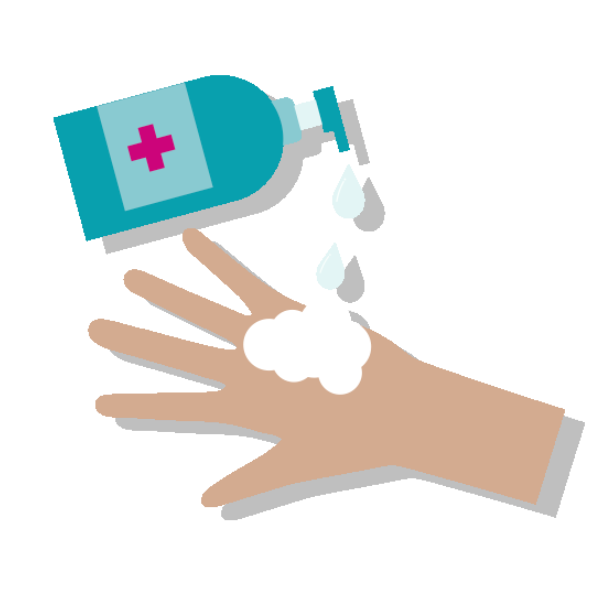
Apply soap and rub to create a lather.
Step 3
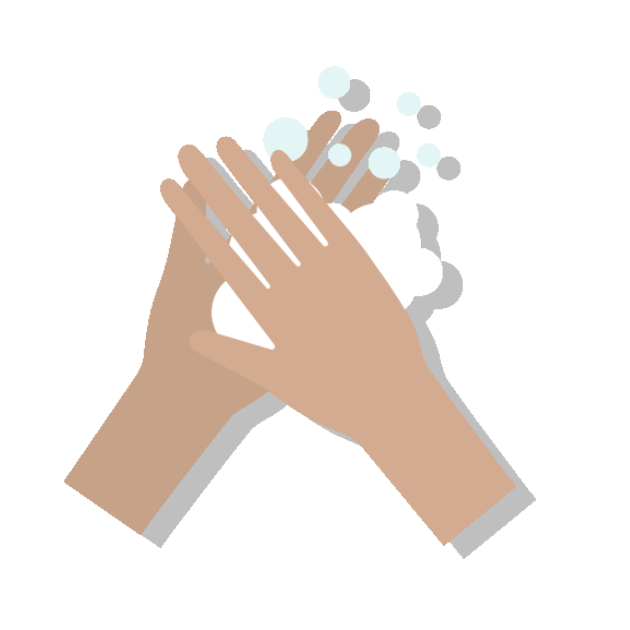
Wash your hands
for 20 seconds.
Step 4
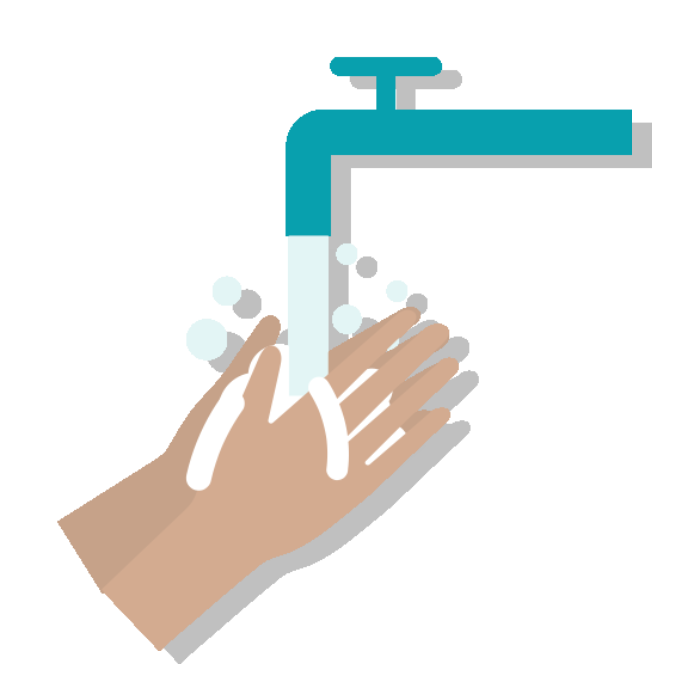
Rinse your hands
with running water.
Step 5

Dry your hands with
a clean towel.

Primary or Urgent Care
Mild to Moderate Symptoms
- Fever that lasts more than 3 days
- Mild to moderate shortness of breath
- Worsening cough or persistent sore throat
- Ear or sinus pain from an infection
- Minor dehydration (feeling light-headed,
dry mouth) - Nasal congestion, mild headache or body aches
- Runny nose, cough or mild flu-like symptoms

Emergency Room (ER)
Severe Symptoms
- Difficulty breathing or shortness of breath
- Chest pain or pressure that doesn’t go away
- Confusion or inability to stay awake
- Bluish lips or face (possible oxygen deprivation)
- Fever over 104°F that doesn't improve with medication
- Severe dehydration (little or no urination, dizziness)
- Uncontrollable vomiting or diarrhea
Copyright © 2024 Florida KidCare | All rights reserved.
